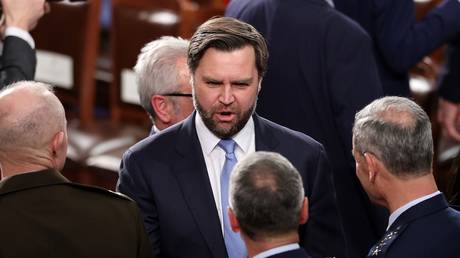
Budapest has passed a bill giving its backing to the European Union’s massive recovery fund after multiple standoffs between Prime Minister Viktor Orban and Brussels, including over plans to link EU funding to the rule of law.
The decision of Hungary’s parliament on Wednesday brings the EU recovery fund one step closer to being put into operation. Only Romania, Austria and Poland are yet to sign off on the deal which requires ratification by all 27 EU nations. The legislation was passed in parliament with 170 votes in favor, while 29 lawmakers elected to abstain from the vote.
The EU intends to jointly borrow €750 billion ($918 billion) for the recovery fund until the end of 2026 in an attempt to repair the European economy following Covid-19.
Hungarian Prime Minister Viktor Orban had been at odds with Brussels over its financial plans.
In December, Hungary and Poland blocked the EU’s €1.8 trillion budget and recovery deal over plans to make access to funding dependent on whether countries adhere to the rule of law, but they eventually came to an agreement with their European counterparts. This was arrived at only after an amendment provided that sanctions under this clause could only be triggered if the European Court of Justice declared the mechanism legal, and that may not be decided until as late as 2022. Both countries have been investigated by the EU for undermining freedom of the press and judicial independence within their borders.
Concerns have been raised about how Hungary would spend its share of the EU’s recovery fund as Budapest unveiled plans to allocate €2.8 billion, approximately 20% of its funding, to a scheme that would “modernize the universities.” Critics have said the plan would tie universities to the current government and its allies. In recent years, the EU’s anti-fraud office has called on Hungary to repay money, granted from European funds for a metro line, due to fraud and corruption concerns.
The Hungarian economy has accepted tens of billions in EU funding, which has boosted GDP growth. The government projects 4.3% economic growth in 2021, while the country’s central bank said it could even be close to 6% following a sharp drop in 2020.
Like this story? Share it with a friend!




